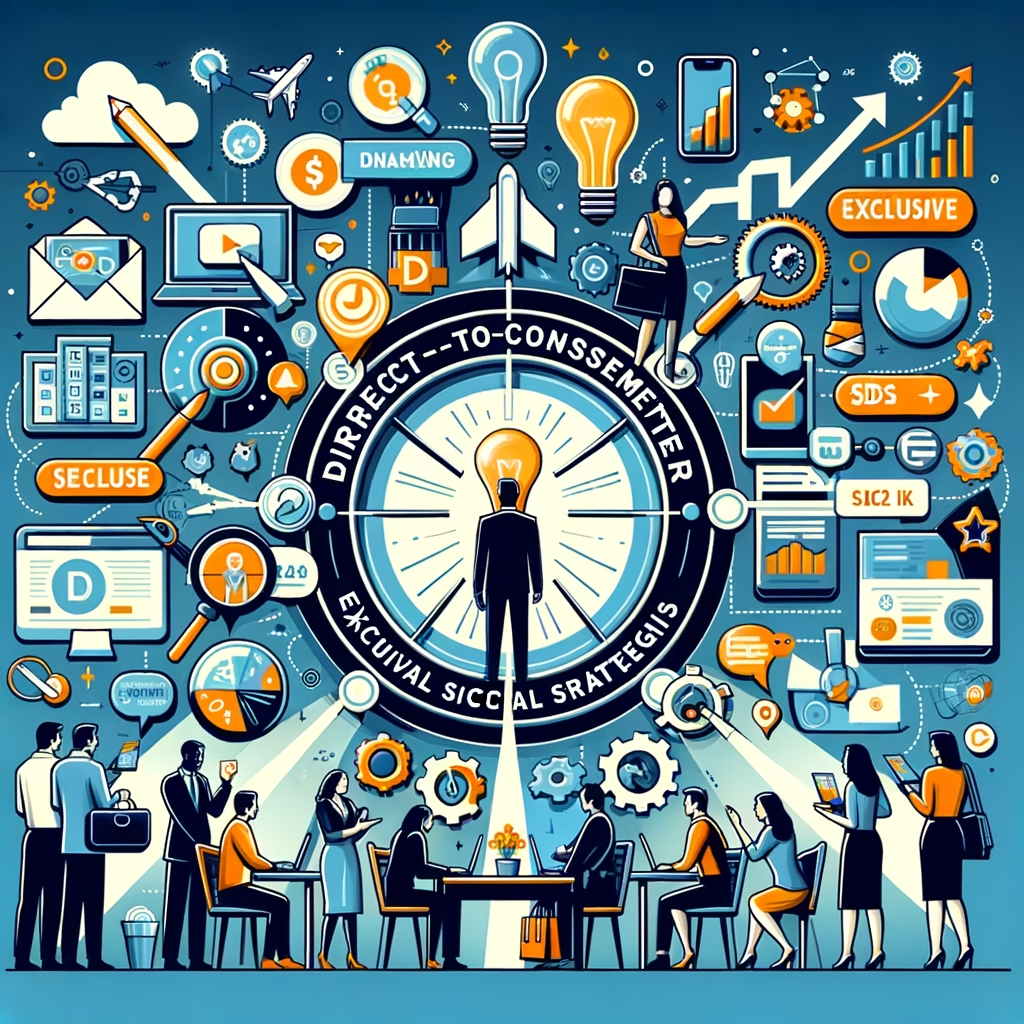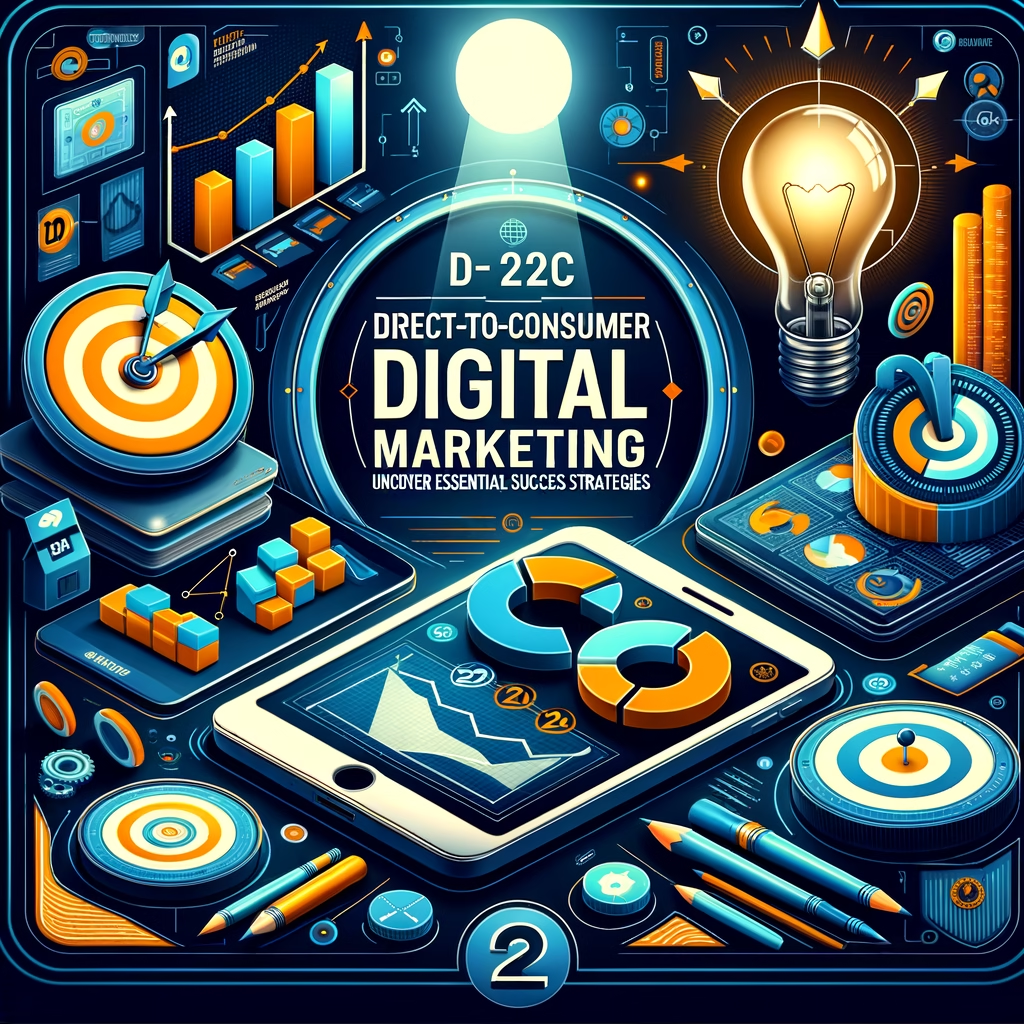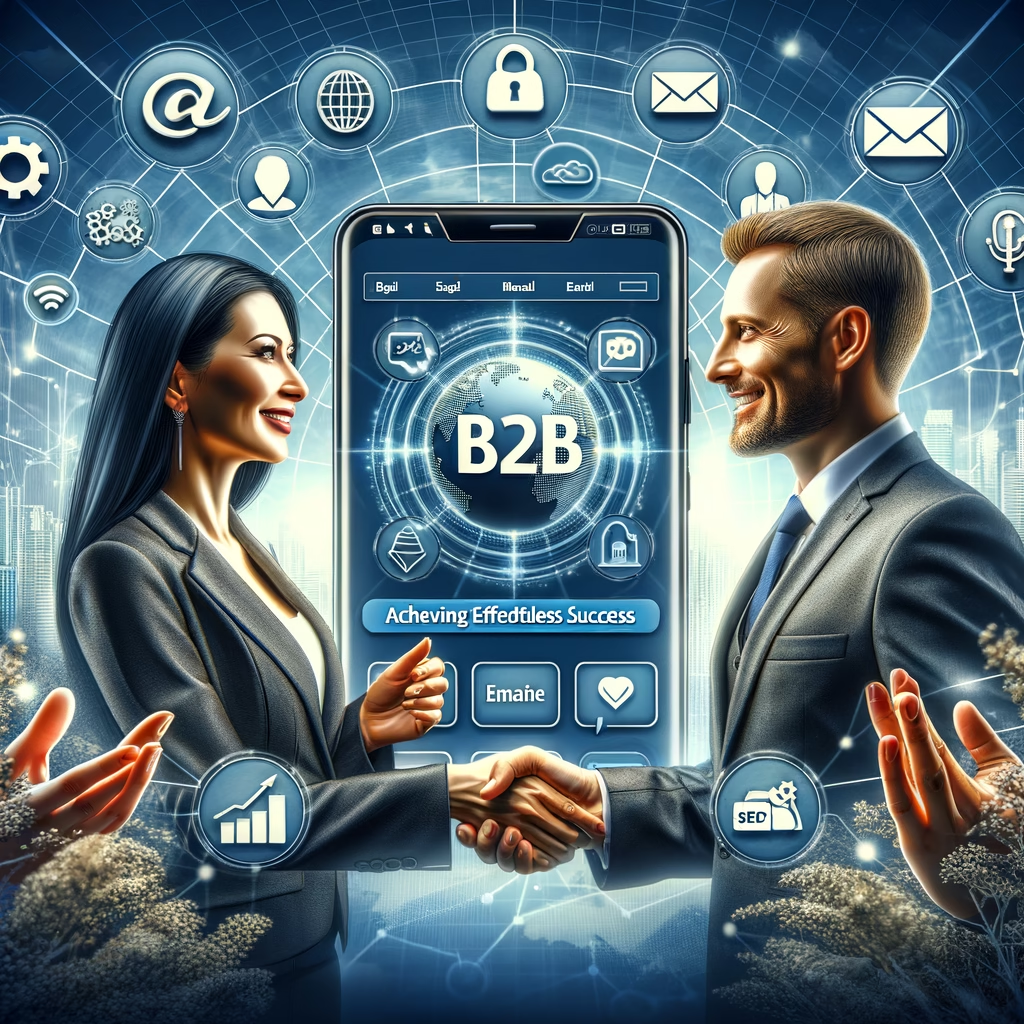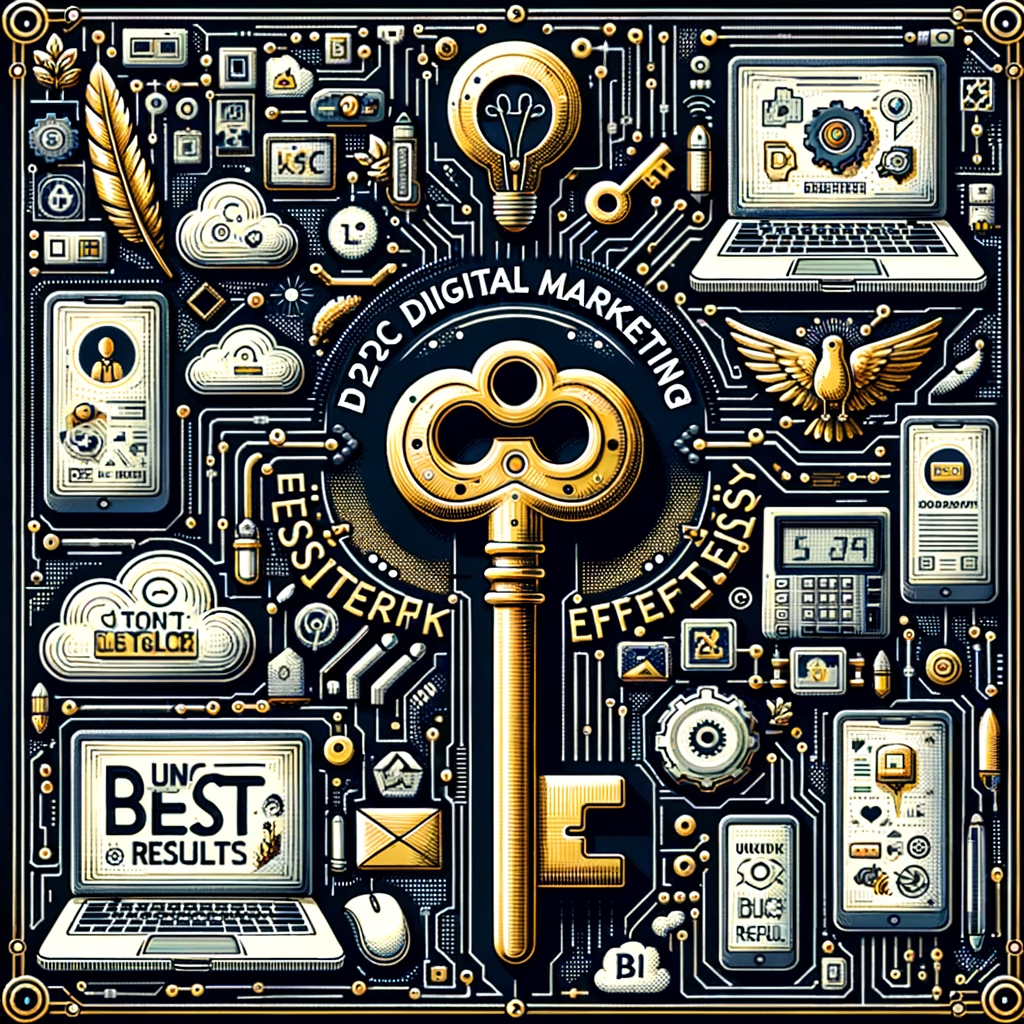- Understanding Personalization in D2C Marketing
- Why Personalization Matters
- Implementing Personalization in D2C Strategies
- Data Collection and Analysis
- Tailored Content and Recommendations
- Dynamic Website Experience
- Tools for Effective Personalization
- Segment
- Optimizely
- HubSpot
- Challenges in Personalization
- Privacy Concerns
- Data Quality and Integration
- Case Study: A Success Story
- Conclusion
D2C Digital Marketing: The Role of Personalization for Success
Direct-to-consumer (D2C) brands are revolutionizing the traditional retail landscape by selling directly to customers. One strategy stands out in this model—personalization. Personalization isn’t just another marketing buzzword; it’s a vital component in the D2C toolkit that can significantly enhance customer experience and drive business growth. In this article, we’ll explore the intricacies of personalized marketing, its impact on consumer relationships, and how D2C brands can harness its potential.
Understanding Personalization in D2C Marketing
Personalization in digital marketing involves tailoring content, recommendations, and communications to individual customers based on their preferences, behaviors, and interactions with a brand. For D2C companies, this means leveraging data to create unique experiences that resonate on an individual level, thereby fostering a stronger connection between the consumer and the brand.
Why Personalization Matters
1. Enhanced Customer Experience: In the crowded digital marketplace, personalization helps brands cut through the noise. By offering relevant and timely content, businesses can create seamless and engaging shopping experiences.
2. Increased Conversion Rates: When customers receive suggestions or offers that align with their interests, they are more likely to make a purchase. Studies have shown that personalization can increase conversion rates significantly.
3. Brand Loyalty and Retention: Personalized experiences lead to stronger emotional connections with a brand, which can result in increased customer loyalty and retention. Satisfied customers are more likely to return and recommend the brand to others.
Implementing Personalization in D2C Strategies
Implementing effective personalization requires a strategic approach and the right tools. Here are some ways D2C brands can apply personalization to their digital marketing strategies:
Data Collection and Analysis
To personalize effectively, brands must first collect and analyze data. This includes transactional data, browsing behavior, and customer feedback.
– CRM Systems: Customer Relationship Management (CRM) platforms allow brands to store, manage, and analyze customer information to understand their preferences and tendencies.
– AI and Machine Learning: These technologies can process vast amounts of data to identify patterns and predict customer behavior, enabling highly personalized interactions.
Tailored Content and Recommendations
Once brands have sufficient data, they can create tailored content and product recommendations.
– Email Marketing: Personalized emails can increase the relevance and engagement of communication. Segmenting email lists based on purchase history or browsing behavior can result in higher open and click-through rates.
– Product Recommendations: Tools like recommendation engines can suggest products based on a consumer’s past purchases or browsing history. This approach can be particularly effective in increasing average order sizes.
Dynamic Website Experience
A dynamic website that adjusts in real-time to cater to individual preferences can significantly enhance user experience.
– Personalized Landing Pages: Customize landing pages to reflect the interests or past actions of a visitor, increasing the likelihood of conversion.
– Content Customization: Use visitor data to display content that aligns with a user’s past interactions or stated preferences.
Tools for Effective Personalization
Several tools can assist D2C brands in implementing personalized marketing strategies:
Segment
Segment is a customer data platform that collects and unifies data from various touchpoints. It allows brands to gain insights and deliver personalized experiences, enhancing the overall understanding of customer journeys.
Optimizely
Optimizely offers real-time experimentation and personalization. Brands can use it to run A/B tests and create personalized experiences based on user behavior, which helps in optimizing the online experience effectively.
HubSpot
HubSpot’s CRM platform includes features for personalization, like automated content and emails, allowing businesses to nurture leads and customize communication effectively.
Challenges in Personalization
While personalization offers numerous benefits, it also presents several challenges:
Privacy Concerns
One of the biggest challenges is maintaining consumer trust regarding data privacy. Customers are increasingly aware of data practices and demand transparency about how their information is used.
– GDPR Compliance: Brands must ensure they comply with data protection regulations like GDPR, which require clear consent for data collection and usage.
– Transparent Practices: Maintain transparency about data usage and offer customers control over their personal data to build trust and credibility.
Data Quality and Integration
Collecting and integrating quality data from various sources can be complex.
– Consistent Data Management: Ensure that data collection methods are consistent and integrated across all platforms to maintain accuracy.
– Handling Large Data Volumes: Utilize technology solutions that can process and analyze large data volumes effectively to derive actionable insights.
Case Study: A Success Story
Consider Brand X, a successful D2C company specializing in skincare products. By leveraging personalization, Brand X achieved remarkable results:
– Customer Insights: Brand X used CRM software to gather data on customer purchasing behavior and preferences.
– Customized Campaigns: They segmented their audience and delivered tailored email campaigns with product recommendations based on individual skin types and past purchases.
– Website Personalization: Their website dynamically updated for returning visitors, showcasing products in line with their browsing history and preferences.
As a result, Brand X experienced a 30% increase in conversion rates and a significant boost in customer retention, illustrating the power of well-executed personalization strategies.
Conclusion
Personalization is not just an optional strategy but a necessity in the competitive D2C market. By leveraging data and technology, brands can create unique experiences that not only engage customers but also foster loyalty and drive conversions. By addressing challenges like data privacy and integration, D2C brands can ensure they harness the full potential of personalized marketing. As digital marketing continues to evolve, personalization will remain a critical component for brands striving for success in the D2C space.




